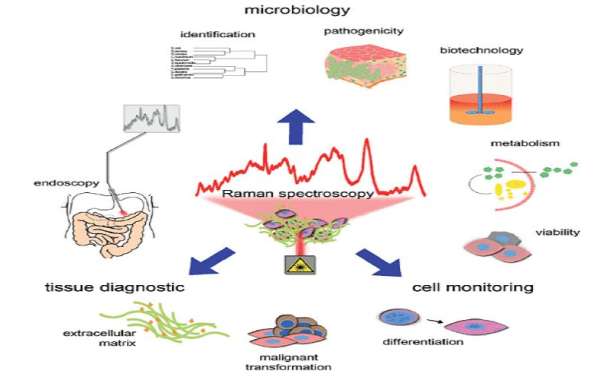In the fast-paced world of business, customer relationships are at the heart of success. Over the years, Customer Relationship Management (CRM) has evolved from simple contact management tools to sophisticated platforms that drive customer engagement. Let's take a journey through the evolution of Sales CRM and explore how it has transformed from its humble beginnings.
Contact Management: The Foundation
In the early days, businesses relied on basic contact management systems to store customer information. These systems served as digital address books, helping organizations keep track of names, phone numbers, and addresses. While this was a step up from manual methods, it barely scratched the surface of what modern businesses needed.
Read more: crm systems for small businesses
The Rise of Sales Force Automation
As businesses expanded, so did the need for more robust CRM solutions. The 1980s saw the emergence of Sales Force Automation (SFA) tools, which focused on automating and streamlining the sales process. These systems helped organizations manage leads, track opportunities, and forecast sales. SFA marked a significant shift from mere contact management to a more proactive approach to customer interactions.
Read more: Best CRM for Service Industry
Integrated Customer Service: Beyond Sales
The 1990s brought about a broader perspective on customer relationships. CRM systems began integrating customer service functionalities, allowing businesses to address customer inquiries and issues more efficiently. This shift reflected a growing understanding that customer satisfaction went beyond the point of sale. Companies started recognizing the importance of providing ongoing support to build lasting relationships.
The Internet Era: Web-Based CRM
With the rise of the internet, CRM systems evolved once again. Web-based CRM solutions emerged, enabling businesses to access customer data from anywhere with an internet connection. This accessibility paved the way for remote work and global collaboration. Companies could now interact with customers across geographical boundaries, enhancing their reach and responsiveness.
read more: crm for real estate agents
Social CRM: Engaging in the Digital Age
The advent of social media brought a new dimension to customer interactions. Social CRM became a pivotal development, incorporating social media data into the CRM ecosystem. Businesses began monitoring and engaging with customers on platforms like Facebook, Twitter, and LinkedIn. This not only allowed for real-time customer feedback but also facilitated personalized interactions and targeted marketing.
Read more: benefits of crm
Data Analytics and Business Intelligence
In recent years, CRM systems have evolved to leverage the power of data analytics and business intelligence. Advanced analytics tools within CRM platforms enable businesses to gain actionable insights into customer behavior, preferences, and trends. This data-driven approach empowers companies to make informed decisions, optimize marketing strategies, and provide more personalized customer experiences.
read more: Disadvantages of crm
Customer Engagement Platforms
Today, CRM has transcended its role as a data repository or sales tool. Modern CRM platforms are comprehensive customer engagement solutions. They integrate various communication channels, including email, social media, and live chat, to create a seamless and holistic customer experience. Automation features, AI-driven insights, and predictive analytics further enhance businesses' ability to engage with customers at every touchpoint.
The Future of CRM
As we look to the future, the evolution of CRM is likely to continue. Emerging technologies such as artificial intelligence, machine learning, and the Internet of Things will play crucial roles in shaping the next phase of CRM development. The focus will remain on creating deeper, more meaningful connections with customers, ensuring that businesses stay agile and responsive in an ever-changing market.
read more: Best B2B CRM Software Provider
In conclusion
the journey of CRM from contact management to customer engagement is a testament to the dynamic nature of business and technology. The evolution reflects the constant effort to not only manage customer relationships but to actively engage and create value at every stage of the customer lifecycle. As we embrace the future, businesses that leverage the full potential of CRM will undoubtedly find themselves at the forefront of customer-centric innovation.
read more: Best CRM For Hotel








